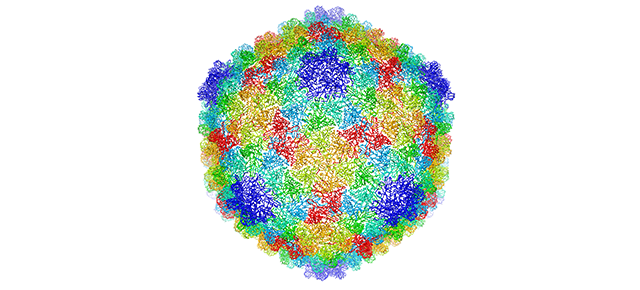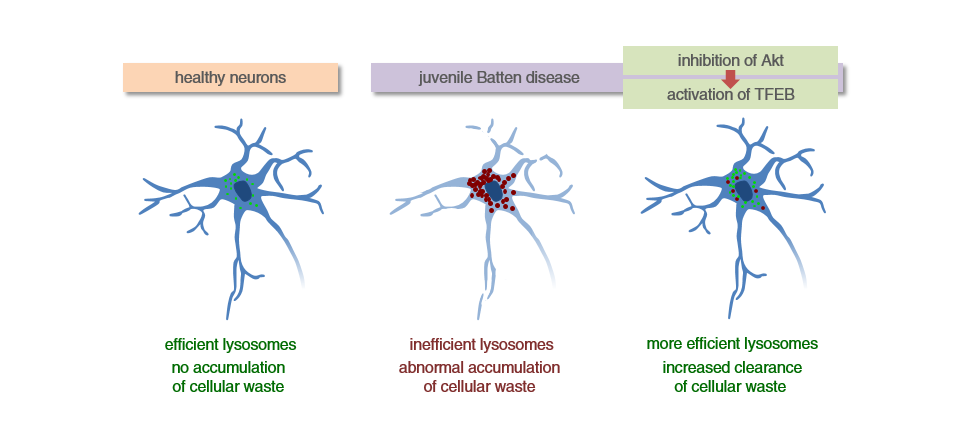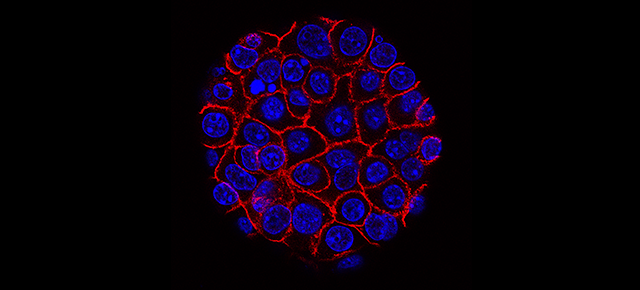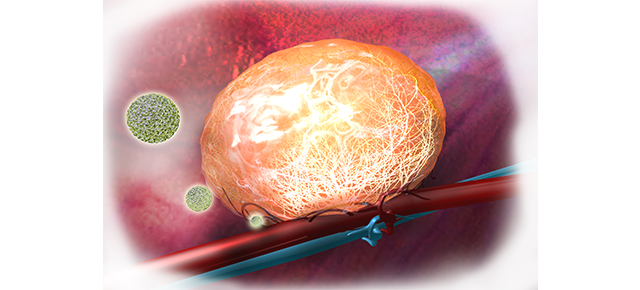A striking number of genetic changes can occur early in human development
Dr. Pengfei Liu has a challenging job. As the assistant laboratory director of Baylor Genetics and assistant professor of molecular and human genetics at Baylor College of Medicine, he
Read More









